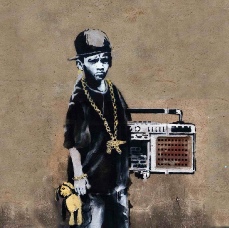

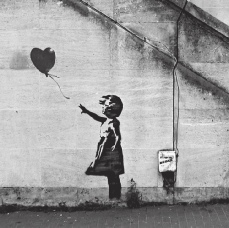
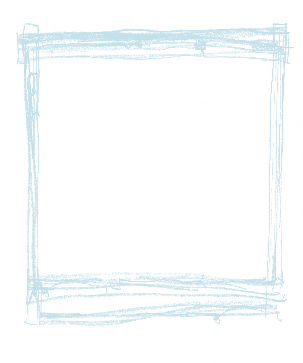
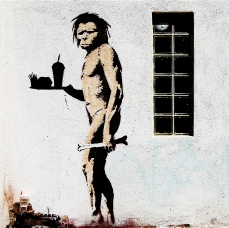

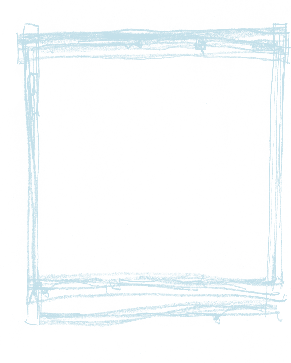
The Project
Educational programs
Knowledgebase
Press release
The Civil Works Association’s project called What would you do? began in 2011 when
the organization’s video group has received a subvention and therefore a great opportunity
to ask the question through film making: What would you do if somebody was bothered
just near you ont he street only for his/her color difference, lifestyle or sexual
orientation? These 5-
Nowadays it is a taboo to speak about minority groups like gays, the Roma or the homeless in the school environment, although they are parts of the common discussion, mostly in negative contexts. The age group of adolescents gets the information and image from the press, which only transmits one point of view and has the goal of raising awareness or criminalizing the particular group. The other source of their information is their closer and wider environment: the society.
In the first part of 2013 when we started our film pedagogy project we were talking and working about important social, ethical, human right and civil issues, which are invisibly affecting our everyday lives, feelings, passions and finally: our actions. During the project we did 20x90 minutes long sessions with 18 high school classes and 2 adults groups, altogether more than 600 person participated.
The leaders of the project:
Ágnes Bakonyvári L., drama teacher
Gábor Csaba Márton, actor and drama trainer, intercultural specialist
Resonsible for our films:
Mária Takács, director
Magdi Tímár, producer
Participated in the development of the „First schoolproject”:
Györgyi Kövesi, teacher of ethics
Translator:
Zsófia Jozifek

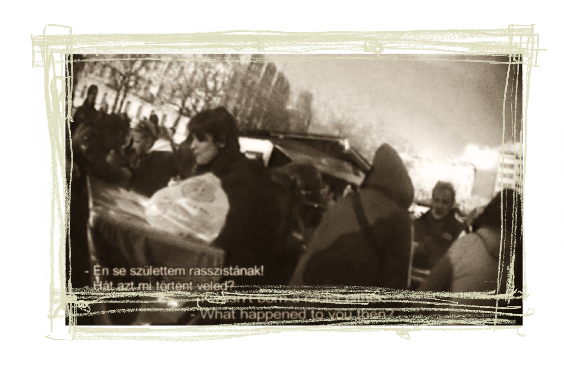
Through all the experiences we had in the „pilot project” – in addition to all the
positive results we achieved -
The second important conclusion was the need for taking the next step. The students and the project leaders both would have needed more collaboration in practice, when the theoretical knowledge gained in the activities would have come to action; so how the Civil Courage functions?
The third important conclusion was that the strong basis of negative attitudes towards minority groups in the particular age group is not the real life experience but the fear they have. What we do not know, we fear, so we set the objective to have a deeper and more comprehensive social senzitivisation towards minority groups.
In September of 2013 our program could take its third step thanks to the subvention we got from the Norwegan Civil Fund (www.norvegcivilalap.hu).
We named the project The School of Civil Courage declaring the intention to emphasize the importance of schools micro environments, starting from personal references, arriving to deeper and wider understanding.
We planned a series of 5 session activities, where there are enough time, occasion and opportunity to build trust, to create a tolerant and consensual ambient, where one can stand up for his/her opinion and his/herself.
In the traditional school context – where the teacher is the source and mediator of every knowledge, the student stays as a reciever – there is no place for questioning, debating and doubt.
One objective of ours is to teach the students to ask. To create a way of critical thinking that focuses on changing between different points of views of a subject and therefore refines the existing opinions. To force the change of paradigma in the young members of our society, a society that’s social sensitivity is poor, solidarity hides in silence and is insensitive about the vulnerable and suffering ones. The aim of project is that the students don’t pass by social injustice, verbal, mental and physical violence without paying attention, but asking: is that all right that way? The answers that could be given would be the future step of the project.
We consider it particularly important that the youngsters pay attention to the everyday life stereotypes and the discrimination coming from them, that they think about the seen problems and they understand the working mechanisms.
Above the social sensitivization our goal is to achieve awareness about the opportunities
to take action and help. We want youngsters to be more open-
The real novelty is the participation of the kindergarten group in the subproject,
which got the Cradle of Civil Courage name. We talk through stories, tales, games
and puppets about tolerance, empathy, differences and hate. We are convinced, that
the ability of being open-

Copyright © All rights reserved. Civil Művek Közművelődési Egyesület.

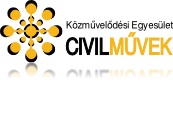


Sponsors







